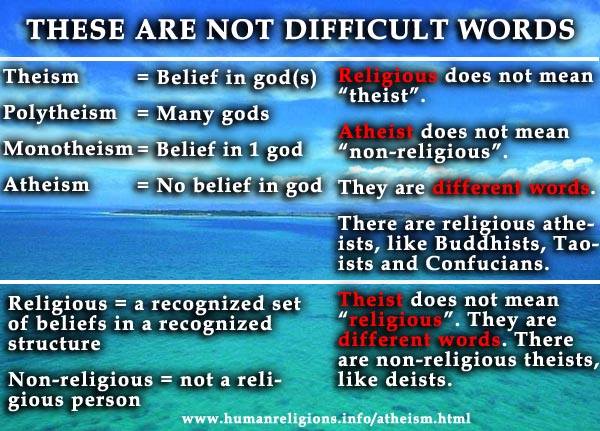How Atheism and Kindness Can Coexist at the Dinner Table
Living as both an atheist and a kind person in a religious community can present unexpected opportunities and challenges. With good communication and mutual understanding, people from different belief systems can come together peacefully.
Sharing Kindness Through Prayer
My friend, a Catholic priest, always kept his blessings simple yet meaningful. Focusing on gratitude, unity, and goodwill, he found a way to include people of various faiths or no faith. His example showed that prayer need not push religious beliefs but can still promote compassion.

A Chance to Lead Grace Despite Differences
When unexpectedly asked to lead grace as a non-Christian atheist among evangelicals, I opted for a quotation promoting brotherhood. While not sharing their theology, I wanted to participate respectfully and find common ground in our fellowship over food. Quotations from religious texts can sometimes bridge divides by emphasizing shared hopes.
Kindness as Our Higher Purpose
Rather than lying about my beliefs or refusing the invitation, I chose to focus on what really matters - gratitude for sustenance and companionship. My father took a similar approach, prioritizing goodwill over doctrinal precision. For both of us, promoting kindness and inclusion was more important than theological disputes when breaking bread together.
Horizon-Broadening Through Understanding Others
Participating opened my mind by exposing me to different perspectives. While keeping my own convictions, I gained insights into how faith anchors community for others. Dialogue across differences, handled with care, can cultivate empathy on all sides. My goal was never conversion but openhearted exchange enriching us all.
Atheism Need Not Mean Unkindness
One can reject supernatural beliefs yet still value the ethical virtues that most faiths promote. I believe in loving our neighbor as ourselves not because God demands it but because it uplifts humanity. My atheism poses no barrier to graciousness, compassion, or bringing people together in amity regardless of creed.
May Our Shared Humanity Transcend Divisions
However we understand the cosmos or find purpose, our common needs and capacity for goodwill are what really matter. By emphasizing our fellowship over formulas, we can dine as respected friends and make this world more welcoming for all. May our mealtimes always nourish not just bodies but also the ties that affirm our shared dignity.
Toward a Future of Inclusion For People of Conscience
If more followed these examples, people of divergent convictions could build understanding across perceived inconsistencies. With care, humility and good faith, we can support one another’s well-being regardless of private theological views. This suggests a path to a society where all people of good conscience feel respected and able to contribute freely from their own deepest truths.
